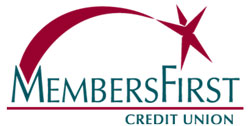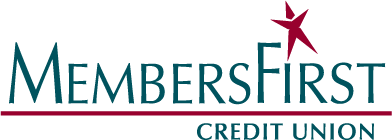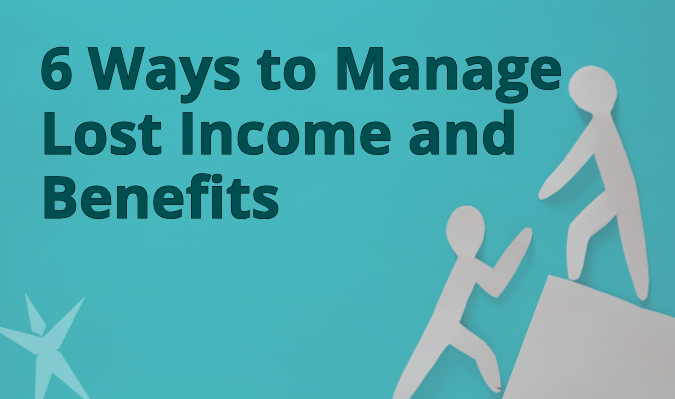When income or supplemental benefits are suddenly interrupted, whether due to a government shutdown, job furlough or other unforeseen circumstances, it can create immediate stress and uncertainty. While the situation may feel overwhelming, there are helpful steps you can take to soften the financial blow and regain a sense of control.
Here are several practical, empowering strategies to help navigate a financial setback:
1. Tap Into Community Resources
Local nonprofits, food banks and community organizations often step up during times of crisis. Many offer assistance with groceries, utility bills, transportation and even childcare. Don’t hesitate to reach out. These services exist to support people when they need it most.
Tip: Check with your local United Way chapter or community action agency for a consolidated list of available resources.
2. Explore Temporary Income Opportunities
Gig work, freelance projects and part-time roles can provide a financial cushion. Platforms like TaskRabbit, Upwork and local job boards often have short-term opportunities that can be started quickly.
Tip: Consider leveraging your existing skills such as writing, tutoring, graphic design or pet sitting to generate income on your own terms.
3. Negotiate with Creditors and Service Providers
Many lenders, landlords and utility companies offer hardship programs or payment deferrals during times of financial instability. Being proactive and transparent about your situation can lead to temporary relief or reduced payments.
Tip: Prepare a brief explanation of your circumstances and ask about any available hardship options or flexible payment plans.
4. Reevaluate Monthly Spending
A temporary reduction in income is a good time to revisit your budget. Identify non-essential expenses that can be paused or reduced, such as streaming services, subscriptions or dining out, and redirect those funds toward essentials. Use this guide to identify non-essential expenses.
Tip: Use free budgeting apps like MoneyDesktop (available through MembersFirst online banking), Mint or EveryDollar to track spending and spot areas for quick savings.
5. Seek Out Non-Government Emergency Aid Programs
While government assistance can be helpful, many nonprofit and community-based organizations offer emergency financial support without the red tape. These programs often provide quicker access to aid and are designed to meet immediate needs like food, housing, utilities and transportation.
Here are a few trusted options:
- The Salvation Army
Offers emergency rent, utility and prescription assistance, along with food pantries and transportation support. Local chapters tailor services to community needs. - United Way 211
A 24/7 helpline that connects people with local resources like food banks, housing support and financial aid. Dial 211 or visit 211.org to get started. - St. Vincent de Paul Georgia
Provides rent, mortgage and utility assistance for families at risk of eviction. Also offers rehousing programs and connects people with local support networks. - Local Food Banks and Community Fridges
Organizations like Feeding America, Second Harvest and Solidarity Sandy Springs provide groceries and meals to families in need.
Tip: Many of these programs are funded by donations and grants, not government budgets, so they may be more flexible during shutdowns or benefit delays. Reach out early, as demand can be high during widespread disruptions.
6. Lean on Your Support Network
Sometimes the most valuable help comes from friends, family and neighbors. Whether it’s sharing meals, offering rides or helping with childcare, don’t underestimate the power of community and connection.
Tip: Consider organizing a local support group or joining one online to share resources and encouragement.
Financial setbacks are tough, but they’re also temporary. By taking small, strategic steps and staying connected to available resources, you can get through this tough time and come out stronger. If you need help seeing your finances from another perspective, consider setting up a free financial counseling session with one of our very capable and knowledgeable Certified Credit Union Financial Counselors. We’ll help you identify areas in your expenses to save. The service is free to MembersFirst Credit Union members.
If you or someone you know is struggling, share this article and remind them that help is out there and they’re not alone.


